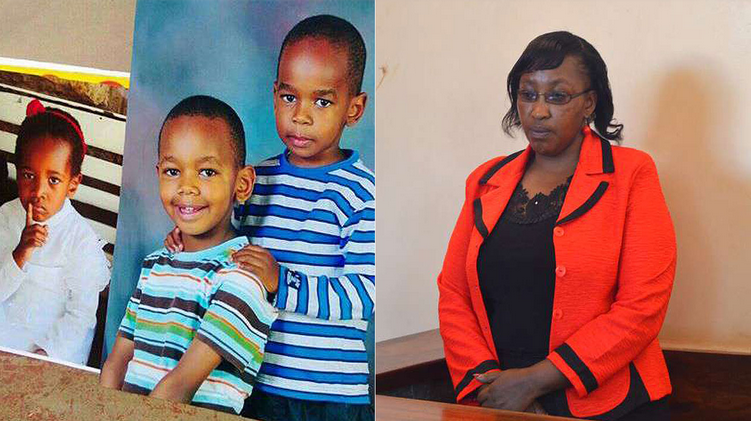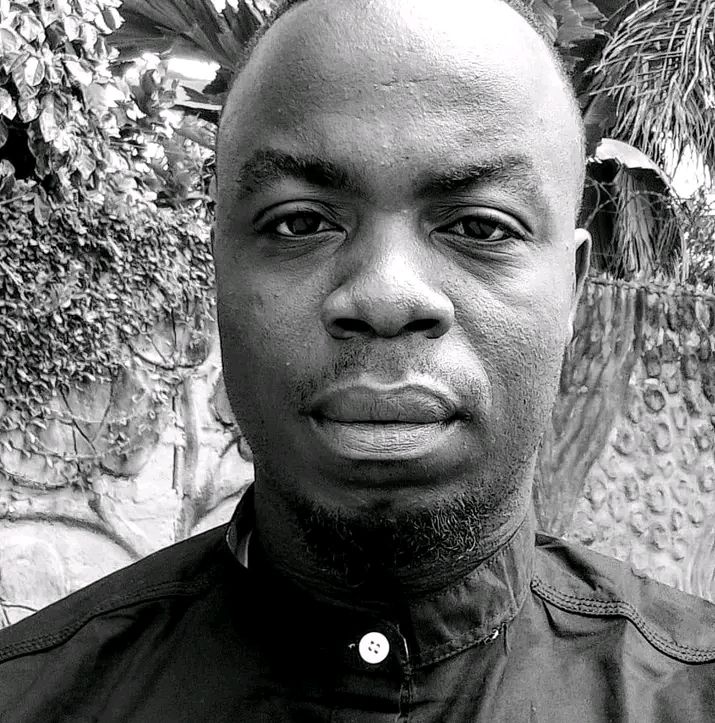
The Slow, Steady Descent of Lawyer Paul Magu
Reading Time: 4min
In November 2014, Nairobi was shaken by a tragedy so far-reaching it remains a scar of horror. Paul Magu, a 35-year-old city lawyer, his wife Lydia Wangui, and their three young children—Allen, Ryan, and Tiffany—were all found dead in a series of horrific events. What the public saw was a shocking crime. What they missed was the slow, steady unraveling of a man, a descent into mental illness that, in hindsight, presented chances for intervention that could have saved a family.
The Warning Signs Everyone Missed
Paul Magu’s story was not one of a sudden snap, but of a gradual dimming. To those who knew him best, the changes were palpable and, with the right awareness, recognizable as symptoms of a deep crisis.
- A Radical Personality Shift: Paul’s mother, Keziah Wambui, noticed her son becoming withdrawn and distant . The bright, talkative boy she knew had grown into a man who stopped visiting and calling, a stark change in his fundamental nature. Such a pronounced shift in personality is a classic red flag for underlying mental health struggles.
The Lure of Extreme Beliefs: Around 2012, Paul and his wife left their mainstream church for a smaller ministry led by a magnetic figure, 'Pastor' Ann. His mother came to fear this as a "sham religion" and a "cult," observing rituals that made her and the family's house help uneasy. This search for extreme spiritual answers can often be a symptom of a mind seeking solace from internal turmoil or distorted thinking.
Bizarre and Erratic Behavior: In the days leading up to the tragedy, Paul’s behavior became increasingly unhinged. He was found wearing his mother’s clothes, asked a neighbor to become his children’s custodian, and, most chillingly, is suspected of having spent several nights in the same house as his wife’s deceased body. These are not the actions of a well mind, but desperate signals of a severe break from reality.
The Professional Facade: The Lawyer Who Couldn't Ask for Help
Paul Magu’s profession may have been a critical factor in why his cries for help were silenced. The legal field is notoriously stressful. Studies show that lawyers suffer from depression, anxiety, and substance abuse at alarming rates. The culture of the profession often prizes stoicism and perfection, creating a powerful stigma around mental health . Many attorneys fear that seeking help will be seen as a sign of weakness or, worse, could jeopardize their career and law license . This environment fosters silence and suffering, allowing individuals like Paul to deteriorate behind a professional facade.
Averting Future Tragedies: A Call for Vigilance and Compassion
The Magu family did not need to die. Their story is a harrowing lesson in the critical need for mental health awareness and proactive intervention. We can prevent future tragedies by learning from the missed opportunities in Paul's case.
The Missed Opportunity: Personality changes and bizarre behavior were noticed by family but not acted upon as a health crisis.
The Path to Prevention: Educate communities and workplaces to recognize signs of mental distress: social withdrawal, erratic behavior, radical changes in belief systems, and expressions of hopelessness.
The Missed Opportunity: A professional culture of silence in law likely discouraged Paul from seeking help.
The Path to Prevention: Destigmatize mental health in high-stress professions. Law firms and bar associations must promote support systems and create cultures where seeking therapy is seen as a sign of strength, not failure.
The Missed Opportunity: The system lacked a proactive mechanism to check on an individual clearly in crisis.
The Path to Prevention: Encourage open communication. Family, friends, and colleagues must feel empowered to have compassionate, non-judgmental conversations with those they are worried about.
Paul Magu’ suicide note spoke of being unable to "live in ridicule". It was the final, desperate message of a man crushed by a burden he felt he could not share. His story implores us to look beyond the surface, to be brave enough to see the pain in those around us, and to build a society where asking for help is met with compassion, not judgment. By breaking the silence, we honor the memory of the Magu family and protect others from a similar fate.
If you or someone you know is struggling with their mental health, please reach out. You can talk to a trusted friend, a family member, or a healthcare professional. There are also confidential helplines and crisis services available. You are not alone.

















